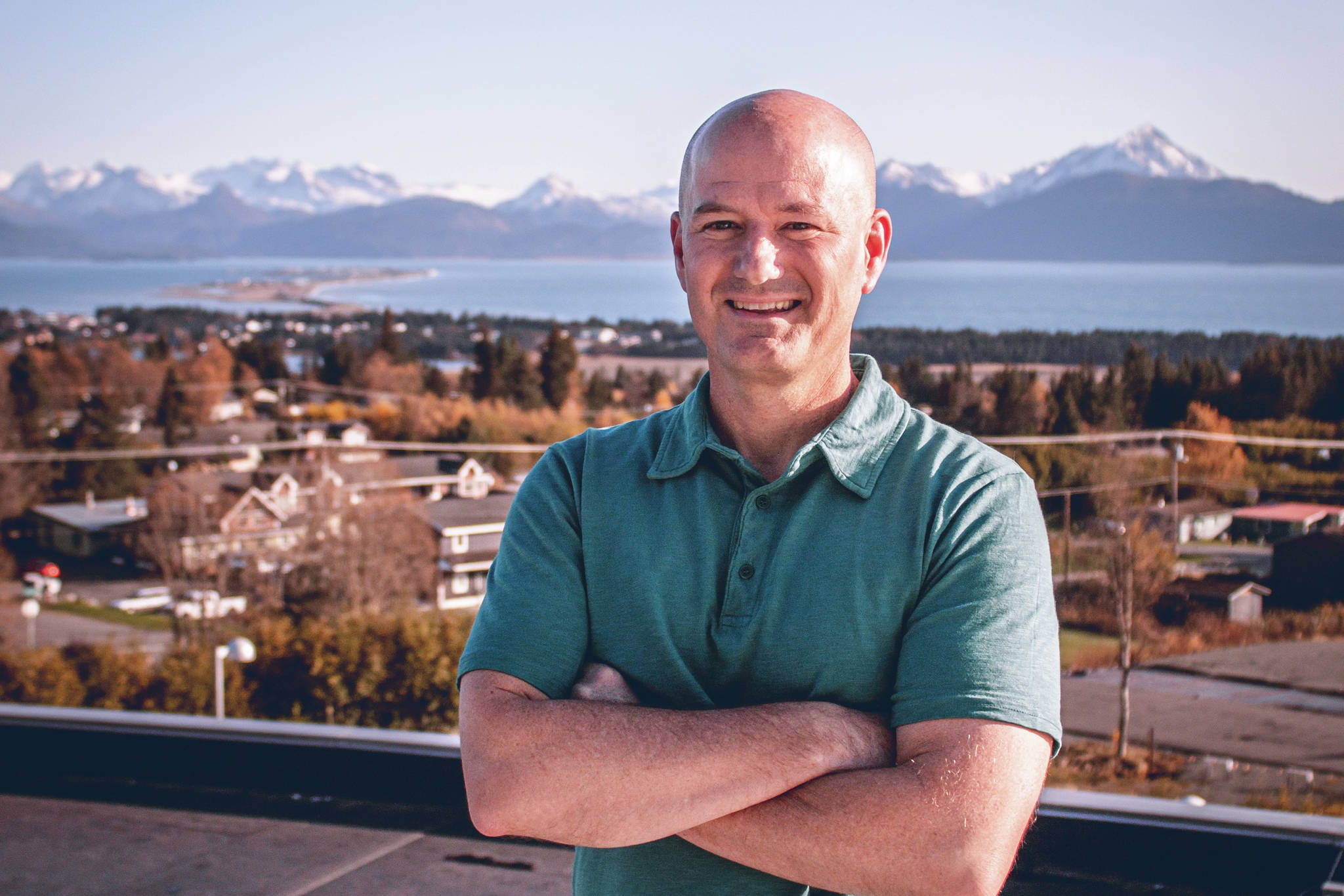We are at month 18 of this worldwide COVID-19 pandemic, and South Peninsula Hospital is just now seeing the levels of patient surge that we feared, but planned for, when this all began. Beds, supplies, protocols, Personal Protective Equipment (PPE), negative pressure rooms, ventilators, oxygen, therapeutics. Check. The part that was difficult to plan for was the shortage of workforce.
We are no different from the local restaurants, retail shops and services you see with help wanted signs, or temporary closures. We are also impacted by this current COVID-19 local outbreak and the ripple out effect of isolations and quarantines. As the only hospital in town, we don’t have the option of closing when we have an unexpected employee absent. Nor do we select who gets care based on a person’s vaccinated status. We are committed to personalized, high-quality care in a timely manner to anyone who needs it, whenever they need it.
In August, we had more than 20 patients admitted to the hospital with COVID-19. That’s as many as were admitted in the entire first year of the pandemic. These last six weeks we’ve averaged four or five patients hospitalized with COVID-19 on any given day, and care for two or three patients a day with COVID-19 in the emergency department. Though hospitals up north have had to temporarily divert admissions based on beds and staffing, we have not had to delay anyone’s care, and most of our medevacs have been transferred in a timely manner.
SPH employees are not currently mandated to get the COVID-19 vaccine. Nearly 70% of SPH employees in direct patient care are fully vaccinated for COVID-19, and the number continues to climb. However, we rely on other strategies to keep patients safe while in our care. Universal masking, eye protection and other PPE worn by staff, negative pressure rooms, and deep cleans with both manual sanitization methods and ultraviolet room disinfection are but a few of the infection prevention protocols in place. Even restricted visitation guidelines is a way to keep our patients safe. So whether an employee is vaccinated or not, you can trust many layers of protection are in place to keep you safe while in our care.
The Centers for Medicare & Medicaid Services (CMS), in collaboration with the Centers for Disease Control and Prevention (CDC), recently announced they are developing an emergency regulation requiring staff vaccinations within Medicare and Medicaid-participating nursing homes. Our nursing home qualifies, so we are anxious to learn the details of the new regulation. CMS requirements often have exceptions and other considerations, so we are withholding any decisions until we have a chance to review the new requirements, which we expect sometime in September. In the meantime, we will continue to work with the Alaska State Hospital and Nursing Home Association to provide input to the federal regulators to help them understand ways to approach this to prevent unintended consequences in our community, and rural communities throughout our country. Input on this regulation can be shared with your U.S. Senators and Representative, or contact CMS directly.
However, we rely on other strategies to keep patients safe while in our care. Universal masking, eye protection and other PPE worn by staff, negative pressure rooms, and deep cleans with both manual sanitization methods and ultraviolet sanitizing lights are but a few of the infection prevention protocols in place. Even restricted visitation guidelines is a way to keep our patients safe. So whether an employee is vaccinated or not, you can trust many layers of protection are in place to keep you safe while in our care.
The return to normal is not in sight at this moment. Jaime Orlikoff, a national leader in healthcare management recently advised our hospital board of directors that, “There is no after-Covid. It is here to stay.” We must work together to prevent the disease from overwhelming local and state healthcare resources, not just now, but always. That means infection prevention and timely care.
This Labor Day, more than ever, I give great thanks to the 515 employees at South Peninsula Hospital, for embracing the charge they’ve been handed. They’ve embodied our organization’s values of compassion, commitment, respect, trust and teamwork in ways I could never imagine, and for that I am forever grateful. From support services and office staff, to CNAs, nurses and doctors on “the front line,” to everyone, in all departments, working all shifts at and for South Peninsula Hospital, thank you for your service.
Hats off to all workers in our community during these confusing and challenging times. Thank you for your service and commitment to keeping our community open, and a great place to live and visit.
Ryan Smith is the chief executive officer of South Peninsula Hospital.

